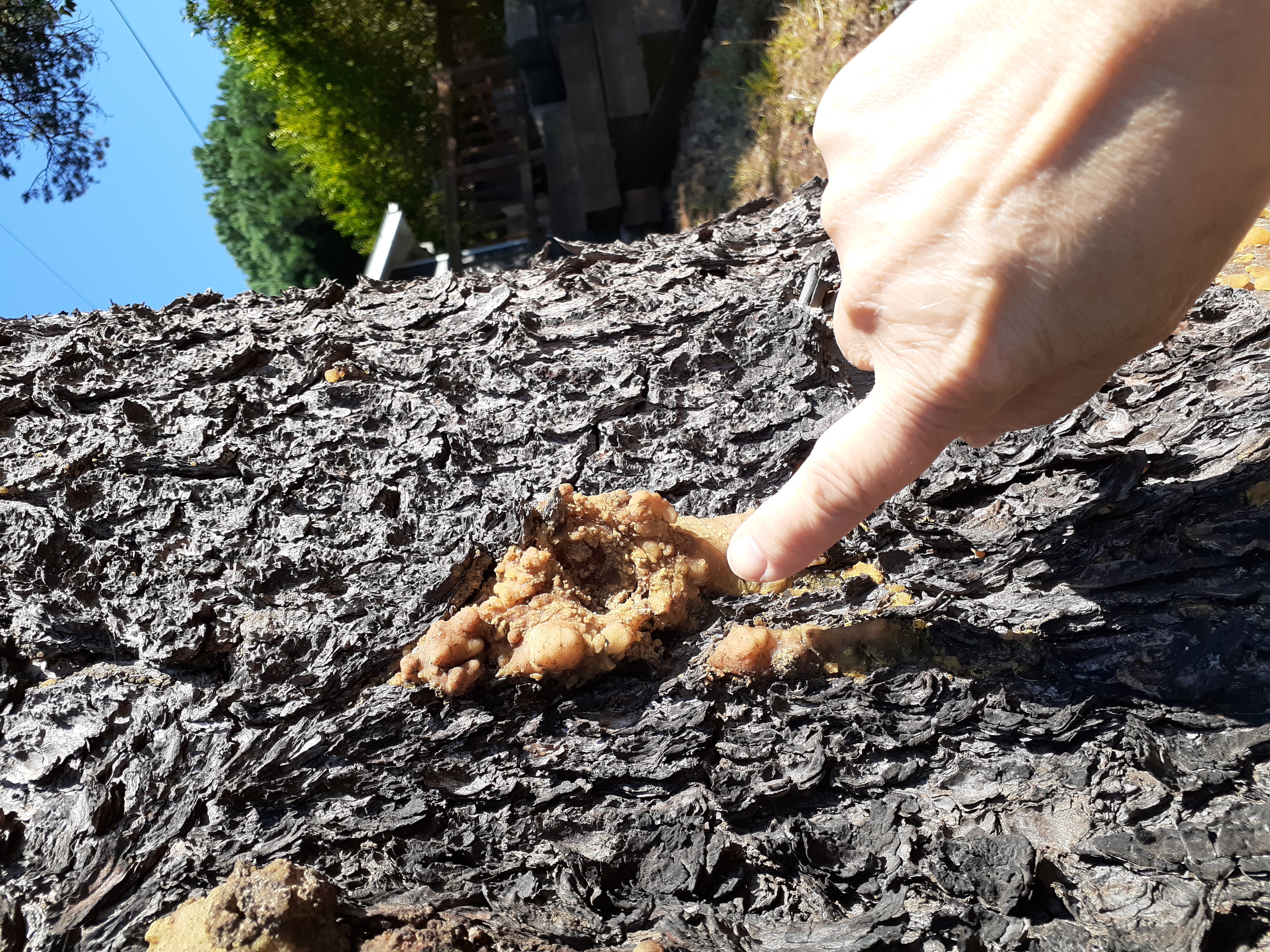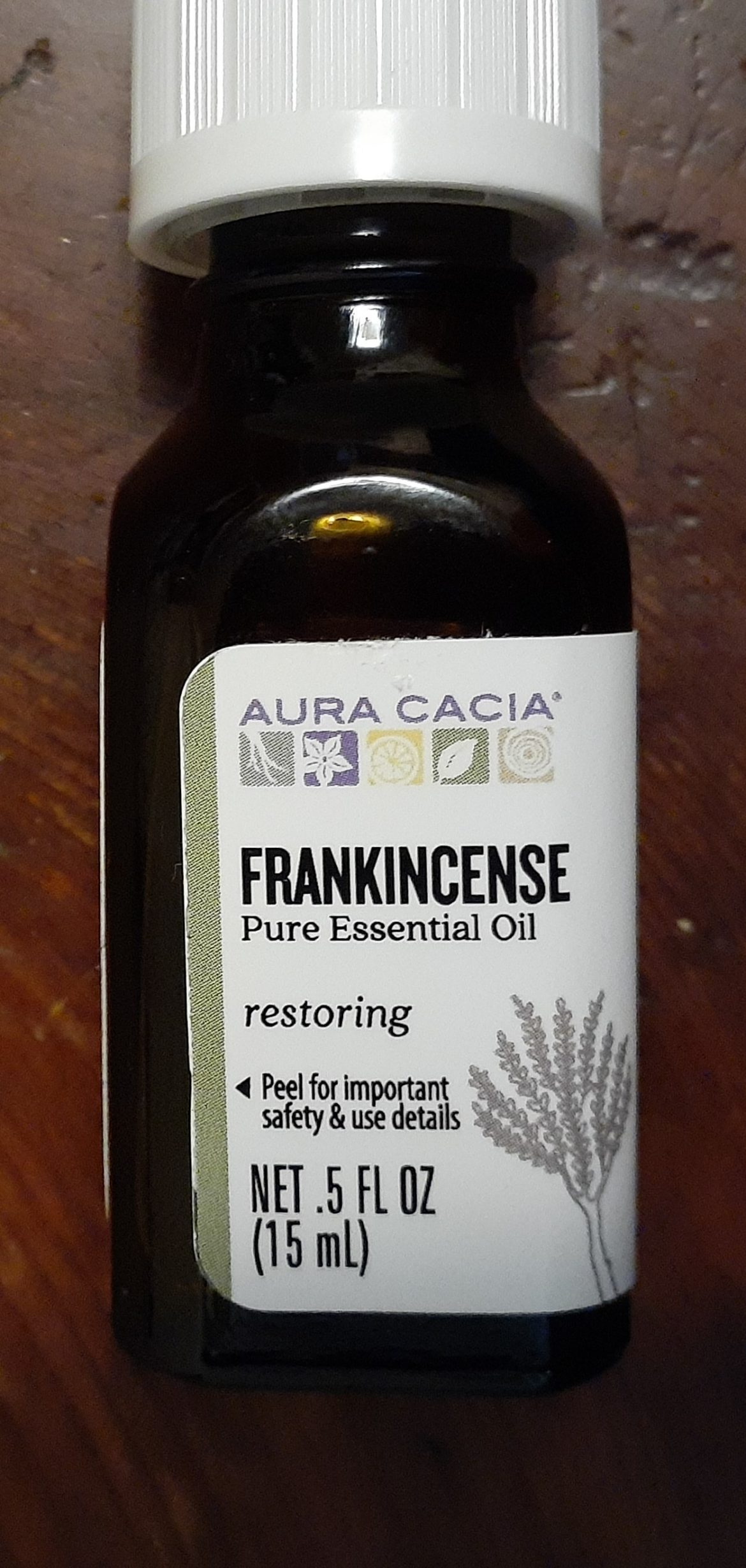Let’s start this morning by taking a little peek into heaven. John the apostle visited there in the Spirit, and this is what he saw: “Now when He (Jesus) had taken the scroll, the four living creatures and the twenty-four elders fell down before the Lamb, each having a harp, and golden bowls full of incense, which are the prayers of the saints.” Rev. 5:8
In heaven, our prayers become incense! Cool!
King David long ago understood this when he wrote, “Let my prayer be set before You as incense, the lifting up of my hands as the evening sacrifice.” Psalm 141:2
So what is incense? Nowadays, it’s those little black cones that you burn to make your home smell pretty. Or stinky. Depending on which kind you buy.
This is the Bible recipe for incense: “Take sweet spices, stacte and onycha and galbanum, and pure frankincense with these sweet spices; there shall be equal amounts of each. You shall make of these an incense, a compound according to the art of the perfumer, salted, pure, and holy.” Exodus 30:34-35 As it burned, it released a beautiful fragrance in the tabernacle.
“Frank” means “pure.” Frank + incense = Frankincense. Yes, that makes sense. But what is it?
This is what I learned on Google. When a tree gets poked, a bit of sap drips out. As the sap dries out it becomes what we call “pitch,” that terrible sticky stuff you can’t get off your hands. As the pitch dries out it becomes a hard “resin.”
Here is a tree from my neighborhood dripping with pitchy resin. For the fun of it, I collected some. It smelled amazing, but it took a lot of scrubbing with rubbing alcohol to get the stickiness off my hands.

When the resin comes from a Boswellia tree, it is collected, crushed into powder, put into an oil bath, and steam distilled to extract the oil from the resin. Voila, frankincense! It is simply dried pitch from a Boswellia tree.
When they harvest the frankincense, they start by making cuts in the bark of the tree. This causes the sap to ooze out of the tree onto the bark. When it hits the oxygen, it begins to harden. Two weeks later they come back to collect the blobs of hard, whitish yellow resin. This is processed into incense, perfumes, medicines, and essential oils.
How does this apply to prayer?
- Notice how they cut the tree to get the resin to come out. The more cuts they make, the more frankincense they get to harvest. Life is full of cuts and hurts. Prayers made during suffering are the deepest and most precious kinds of prayers. Psalm 34:17-18 says, “The righteous cry out, and the Lord hears, and delivers them out of all their troubles. The Lord is near to those who have a broken heart and saves such as have a contrite spirit.” And Matthew 5:4 says, “Blessed are those who mourn for they will be comforted.”
- God taught Moses how He wanted the children of Israel to worship Him. He said of Aaron, “He shall take a censer full of burning coals of fire from the altar before the Lord, with his hands full of sweet incense beaten fine, and bring it inside the veil. And he shall put the incense on the fire before the Lord, that the cloud of incense may cover the mercy seat that is on the Testimony…” Leviticus 16:12-13 The coals were taken from the altar of repentance. Likewise, effective prayers are lit by the fires of repentance.
- Notice in that verse above, God told Aaron to take as much fiery coals and incense as he could carry. God didn’t specify a certain measurement. So how long should you pray each day? A good answer might be “as much as you can.” For each person it will be different.
- The priests burned incense every day. Not just on Sundays or when they had a need. Every day. It doesn’t say how many minutes it took to accomplish it, but they did it every day. How often do you pray?
- Why did God want incense in the tabernacle? Maybe because in Bible times, they didn’t bathe everyday. No one had toilets or washing machines. God wanted His house to smell beautiful. Life is stinky. Bathe it in prayer.
- When the priests burned incense in the Holy Place, some of the fragrance permeated their clothes. When they came out of the presence of God, they had the scent of worship on them. What do other people “smell” in your life? Do you diffuse the fragrance of a life surrendered to God? Or do you give off the scents of worldliness and stinky attitudes? Lord, help us get close enough to You in prayer that your presence can permeate our lives. Help the people we meet each day sense the pure aroma of a Spirit-led life in us. Let our actions and attitudes inspire them to want to become closer to You. Amen



